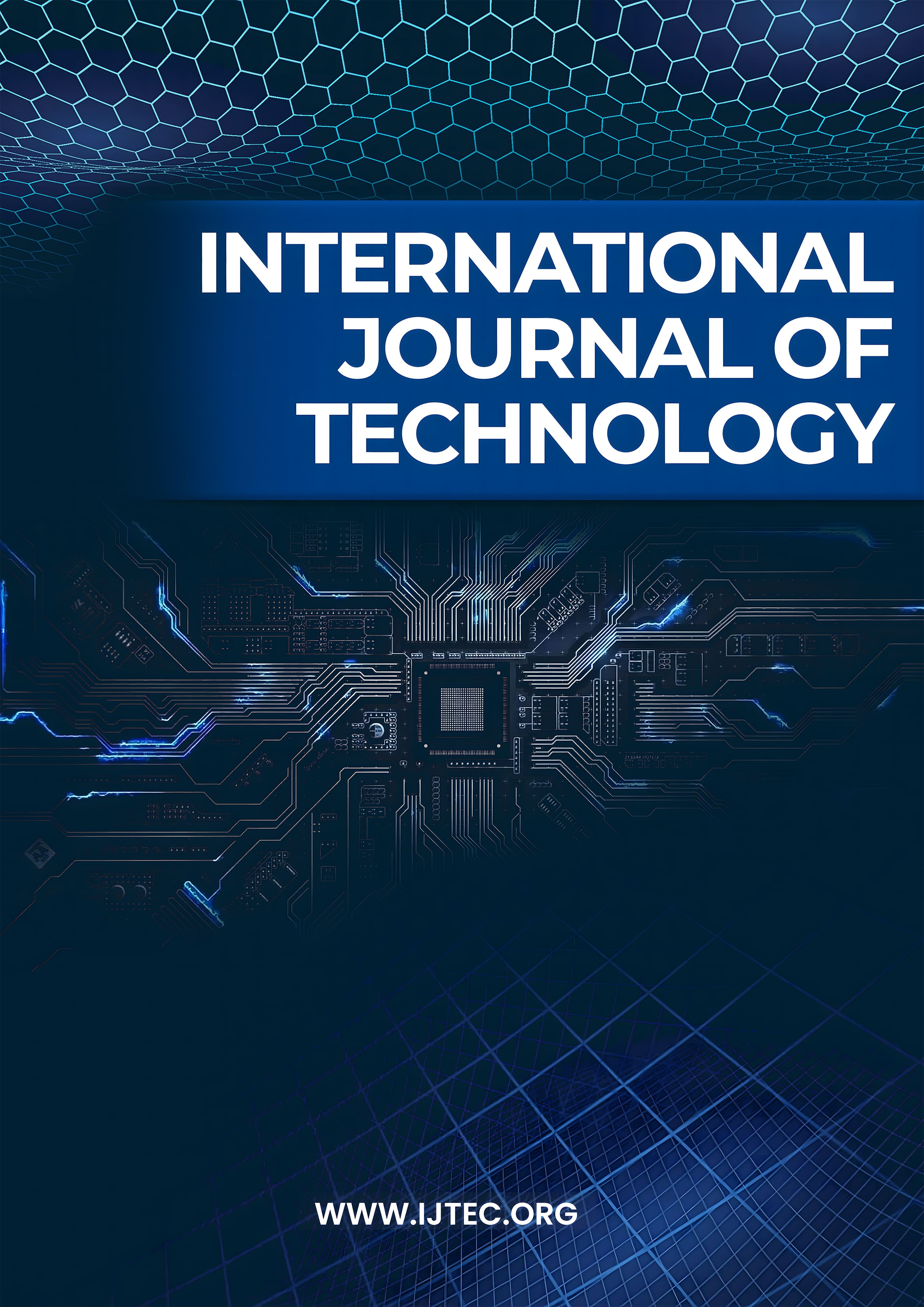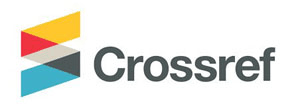Performance Evaluation of Triangular Number Sequence Backoff Algorithm for Constrained Application Protocol
Abstract
In the of the Internet of Things (IoT) realm, congestion is considered a serious issue affecting network throughput due to the requirement of multiple nodes for message exchange. With free-space optical communications, which can help send a message wirelessly, congestion control mechanisms nowadays depend upon the carrier sense of multiple access with collision avoidance (CSMA/CA), using the so-called Backoff Algorithm (BA). These algorithms, including Binary Exponential Backoff (BEB), Enhanced Fibonacci Backoff (EFB), Estimation-Based Backoff (EBA), and Backoff Interval Isolation (BII), have been introduced to facilitate congestion control mechanisms. Implementing such algorithms, however, might not deliver the greatest performance for Constrained Application Protocol (CoAP) which typically operates under limited resources. Therefore, the present study aims to introduce a new backoff algorithm, Triangular Number Sequence Backoff (TNSB), and to compare its performance with that of the aforementioned algorithms under the Transmission Control Protocol (TCP) and the Cooja network simulator. Statistical analysis involves ANOVA (F-test) and post hoc multiple comparison tests. The study shows that its performance is not significantly different from the others at the low congestion level. At the middle and the high congestion levels, it yields the highest throughput with the shortest settling time, while the packet loss rate and the response time are satisfactory.
Keywords
Full Text:
PDFDOI: https://doi.org/10.14716/ijtech.v14i2.5686











